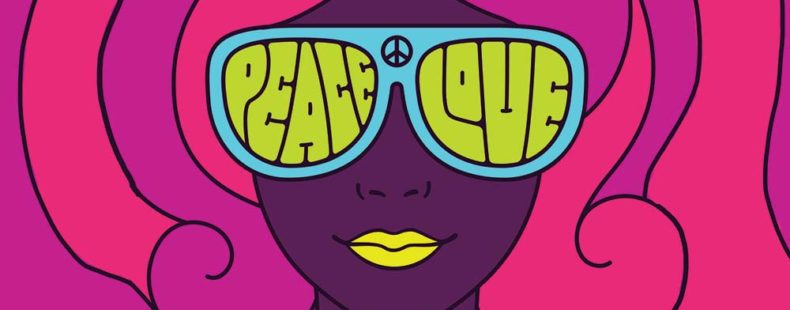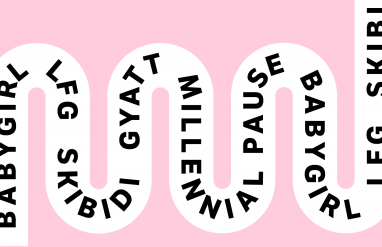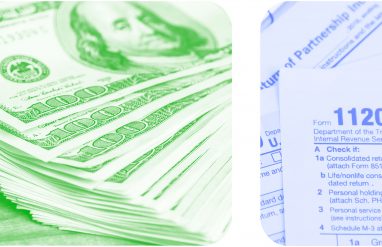Dream on
Remember that annoying classmate . . . prattling on about how he was going to be the next big disco star. Ha! Dream on.
This phrase became especially popular once Aerosmith brought it into the limelight in 1973 with their similarly titled song. The song may have been about holding on to unwavering hope, but dream on was the response to anything totally unlikely to happen.




























